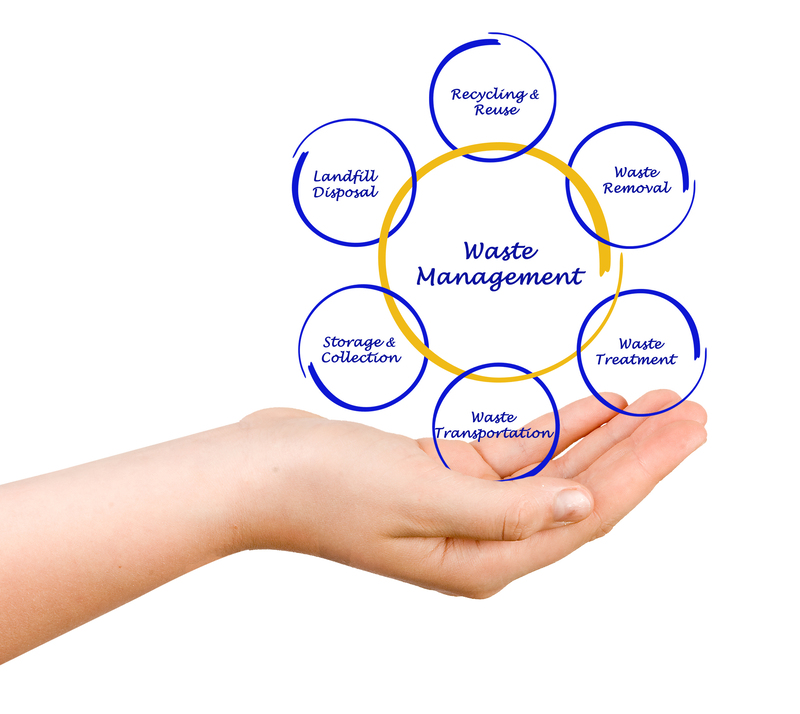E-Waste Recycling: Boosting Environmental Wellness
The digital age has ushered in a plethora of technological advancements, leading to mass production of electronic devices. As technology advances rapidly, managing the byproduct, E-Waste, becomes critical for environmental sustainability. This article dives deep into the significance of e-waste recycling and its essential role in promoting environmental wellness.
Understanding E-Waste
E-waste, or electronic waste, encompasses discarded electrical or electronic devices. These include a wide range of products such as:
- Computers and laptops
- Mobile phones and tablets
- Televisions and monitors
- Household appliances
- Medical apparatus
Given the high consumption and rapid turnover of these gadgets, managing e-waste has become a potent concern worldwide.
The Importance of E-Waste Recycling
E-waste recycling is not just about discarding old gadgets; it's a crucial process that involves recovering valuable materials and reducing the burden on the environmental ecosystem. Here's why recycling e-waste is vital:
1. Conserving Natural Resources
Electronics are rich in substances like gold, silver, copper, and other metals. Recycling e-waste allows these valuable materials to be extracted and reused, reducing the necessity to mine for new resources. This conservation of resources significantly diminishes environmental degradation and habitat destruction.
2. Minimizing Environmental Impact
Improper disposal of electronic waste leads to the release of toxic substances such as mercury, lead, and cadmium into the environment. These hazardous materials contaminate soil and water sources, posing severe risks to wildlife and human health. Effective e-waste recycling mitigates this risk by ensuring safe and environmentally friendly disposal methods.
3. Reducing Greenhouse Gas Emissions
Recycling e-waste contributes to a reduction in greenhouse gas emissions. The process of manufacturing new electronic products generates more carbon dioxide compared to processing recycled materials. Thus, by advocating for e-waste recycling, we indirectly engage in the noble task of combating climate change.

Challenges in E-Waste Recycling
Despite its numerous advantages, e-waste recycling faces several challenges:
Complex Recycling Process
The recycling process of electronic waste is complex due to the diversity of materials used in manufacture. The intricate process of sorting, dismantling, and extracting valuable substances often requires advanced technology and comprehensive expertise.
Lack of Public Awareness
Many consumers are unaware of how to properly dispose of e-waste. This lack of awareness results in electronic devices ending up in landfills rather than being recycled. Greater focus on public education about the impacts of electronic waste and the benefits of recycling is crucial.
Insufficient Recycling Policies
Many regions still lack robust policies and infrastructure to manage e-waste efficiently. Governments need to implement and enforce regulatory frameworks that incentivize the recycling and proper disposal of electronic products.
Best Practices for E-Waste Recycling
Effective management of e-waste involves a combination of best practices from governments, companies, and individuals.
1. Implementing E-Waste Policies
Governments should establish comprehensive policies to enforce and regulate e-waste recycling. This includes placing bans on illegal dumping and incentivizing firms and consumers to adhere to proper disposal processes.
2. Corporate Responsibility
Organizations that manufacture electronic goods should take the lead in promoting e-waste recycling. Corporate social responsibility programs can include product take-back schemes and investing in sustainable design to reduce future waste.
3. Public Education and Awareness
Raising awareness about the importance and methods of e-waste recycling should be a priority. Educational campaigns and initiatives ensure that consumers understand how to responsibly dispose of outdated electronic items.
4. Collaboration with Recyclers
Forging partnerships with certified e-waste recyclers can help streamline the recycling process. Certified recyclers maintain standards that ensure safe and effective handling of electronic waste.

Benefits for Society
The dividends of effective e-waste recycling extend beyond environmental wellness and contribute to societal wellbeing.
Job Creation
The establishment of e-waste recycling plants and facilities presents opportunities for job creation. This burgeoning industry is opening pathways for employment, particularly in developing regions.
Promoting Sustainable Economy
Recycling helps build a circular economy where materials are reused, creating more value while reducing the dependency on new and raw materials. This system not only sustains resources but also fosters a more robust economic framework.
Conclusion
E-waste recycling stands as a vital discipline in the battle for environmental wellness. Understanding and implementing efficient e-waste management practices benefit ecosystems and promote a sustainable, inclusive, and economically viable society. As we continue to advance in the technological age, adopting and supporting e-waste recycling practices is not just a necessity but an imperative pathway for future progress. By opting for proper recycling practices today, we secure a healthier planet for tomorrow.